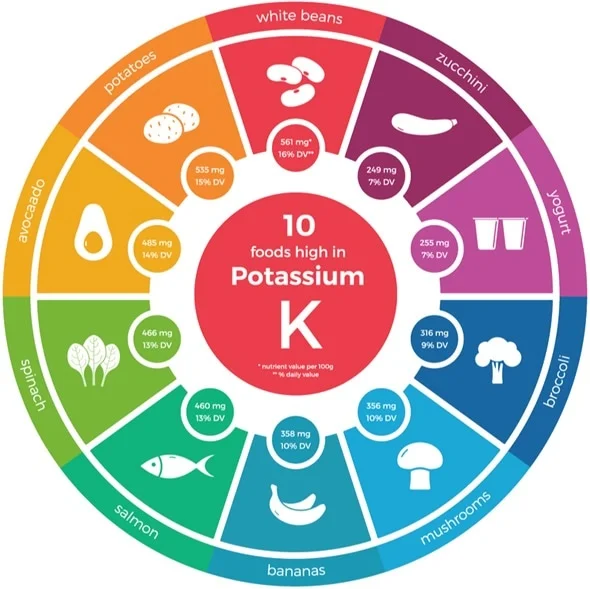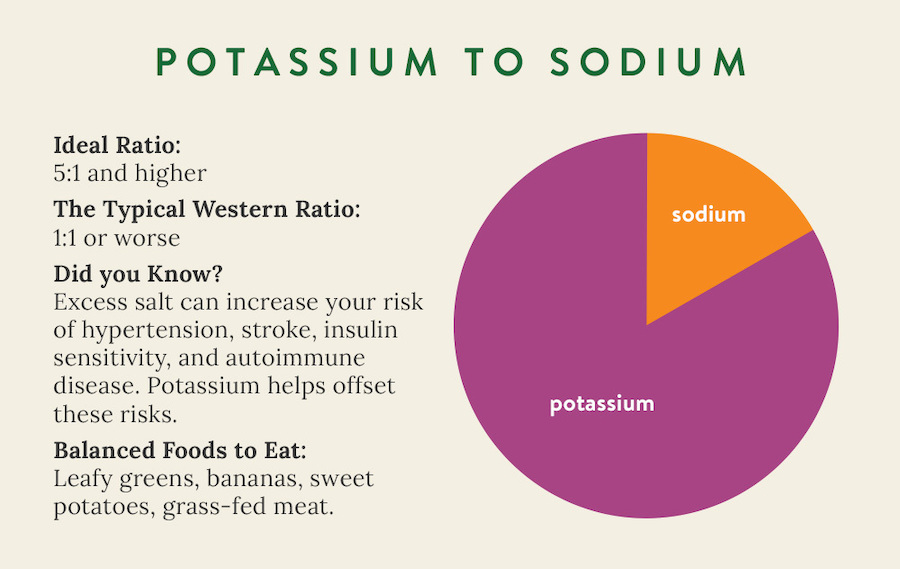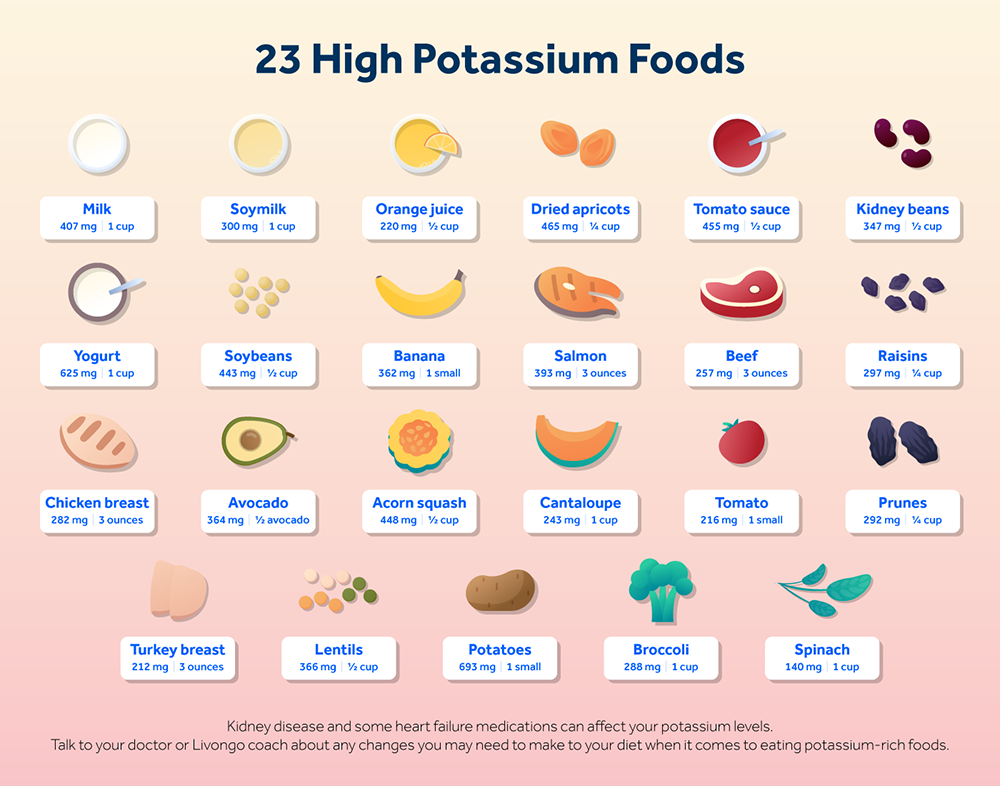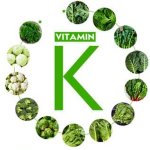Potassium – The Unseen Hero
We are committed to ensuring you understand not only the physical aspects of health but also the nutritional ones. Today, let’s talk about an essential mineral your body needs, potassium.
What is Potassium, K?
Potassium is a mineral and an electrolyte, which means it carries an electric charge in your body. It’s one of the most important minerals for your body and plays crucial roles in many body functions.

Why should I take Vitamin K?
Potassium is a silent but hardworking hero in our bodies. It is a type of electrolyte, which is vital for the body’s overall function. It plays a significant role in many body processes, such as:
- Maintaining Normal Body Functions: Potassium helps our body maintain a healthy heartbeat and supports muscle function. Imagine if our heartbeats become irregular or our muscles get weak. Scary, right? Potassium is the shield that prevents such situations.
- Balance of Fluids: It aids in keeping a balance of fluids in our bodies. It’s like a manager that ensures everything runs smoothly, and there’s no excess or shortage of fluids.
- Nerve Signals: It helps nerves to communicate and convey messages, acting as a vital part of the communication system within our body.
How Much Potassium Do You Need?
The amount of potassium each person needs can vary. On average, teenagers and adults should aim for about 4700 milligrams (mg) per day. That might sound like a lot, but with a balanced diet, it’s quite achievable!
Sources of Potassium
Potassium can be found in a variety of foods. Fruits and vegetables are particularly rich in this mineral. Here are some examples:
- Bananas: Not only are they tasty and easy to carry around, but they’re also a great source of potassium.
- Potatoes and Sweet Potatoes: Whether they’re baked, boiled, or made into fries, potatoes are a reliable source of potassium.
- Oranges and Orange Juice: Next time you’re reaching for a drink at breakfast, remember that a glass of orange juice is packed with potassium.
- Leafy Greens: Spinach and other leafy greens are not only low in calories but are also rich in potassium.
- Dairy: Foods like milk and yogurt provide a good amount of potassium too.
- Supplements

Potassium’s Ties with Salt (Sodium)
Now you might be wondering how potassium works with salt, or sodium, another electrolyte. In simple terms, potassium and sodium work together like a see-saw. When the level of one goes up, the other goes down. This balance is important for controlling blood pressure.
Eating too much salt can increase the amount of sodium in your blood. High sodium levels can cause your body to retain (hold onto) water, which increases the volume of your blood. This extra volume can put a strain on your heart and blood vessels, raising your blood pressure.
However, potassium can help to balance out this negative effect. It encourages your body to get rid of more sodium through your urine, which can help to lower your blood pressure.
Remember, it’s important to get your potassium from a variety of foods to ensure a well-rounded intake of other nutrients as well.

But Wait a Second, I’m taking Vitamin K
Please don’t confuse “vitamin K” and “potassium” because the symbol for potassium on the periodic table of elements is “K.” Despite this shared letter, vitamin K and potassium are entirely different substances with different roles in the body.
When Is Potassium Not a Good Thing?
Potassium can be harmful in some people with kidney disease. When your kidneys aren’t working as they should, you may need to limit potassium in your diet.
Certain heart failure medications can cause your potassium levels to increase. Your doctor may put you on a low-potassium diet that includes avoiding high-potassium foods.
Final Note
Remember, just like in training, balance is key when it comes to nutrients. Too much or too little of anything can throw your body off track. So, aim for a balanced diet filled with a variety of foods to ensure you’re getting enough potassium and other essential nutrients.
Stay strong, eat well, and don’t forget to include potassium-rich foods in your diet! If you have specific health concerns or are on medication, always check with your doctor before making significant dietary changes.
Only for the curious – Vitamin K vs Periodic K
Explain please…the “K” in vitamin K does not stand for potassium. It stands for “koagulation,” the German word for “coagulation,” or clotting, which vitamin K helps regulate. Potassium, on the other hand, is symbolized by “K” in the periodic table of elements because of its Latin name, “Kalium.”






 Previous Post
Previous Post Next Post
Next Post